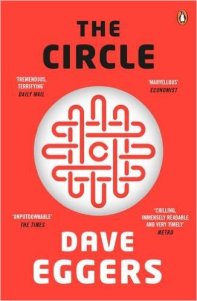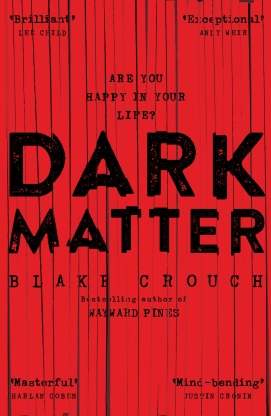“The circus arrives without warning. No announcements precede it. It is simply there, when yesterday it was not. The black sign, painted in white letters that hangs upon the gates, reads:
Opens at Nightfall
Closes at Dawn
As the sun disappears beyond the horizon, all over the tents small lights begin to flicker, as though the entirety of the circus is covered in particularly bright fireflies. When the tents are all aglow, sparkling against the night sky, the sign appears.
Le Cirque des Rêves
The Circus of Dreams.
Now the circus is open.
Now you may enter.”
Sometimes, you stumble upon a book that is truly magical. It draws you in from the very first page and you find it nigh on impossible to put it down, as if there was some special power to it. You are torn between devouring the book in one sitting and savouring each and every word. You try to pace yourself, but you’re so immersed in the story that you can barely think of anything else.
The Night Circus by Erin Morgenstern is one of those books.
The circus is a magical place, a place that leaves visitors awestruck and wide-eyed. But the magic goes far beyond the contortionists, the acrobats, the carousels and the candied apples. Because the circus is a venue for a duel between two young, talented magicians, a duel that only one of them will survive.
Long before the circus was born, Celia and Marco were bound to this battle of imagination and will by their mentors. They were meant to be rivals, but, against all odds, they fall in love with each other. Will true love be enough to end the game, or will sacrifices need to be made? The fates of everyone, from the performers to the patrons, hang in balance until the duel plays out.
The Night Circus is like an exquisite meal for the reader’s imagination: beautifully written, inventive, witty and heartbreaking at the same time, its layers reveal themselves as you go deeper and deeper into the story. Pay close attention to the timeline, dear reader, because not everything is as obvious and linear as it may seem. As the story unveils and the characters develop, you will be drawn into a truly marvelous world. And, just like me, you might end up wishing Le Cirque des Rêves was real, and would come to your town, unexpectedly and without warning, at some point in the future.
The Night Circus was published in the UK by Vintage Books. It’s Erin Morgenstern’s debut novel and I really look forward to reading more of her work.








